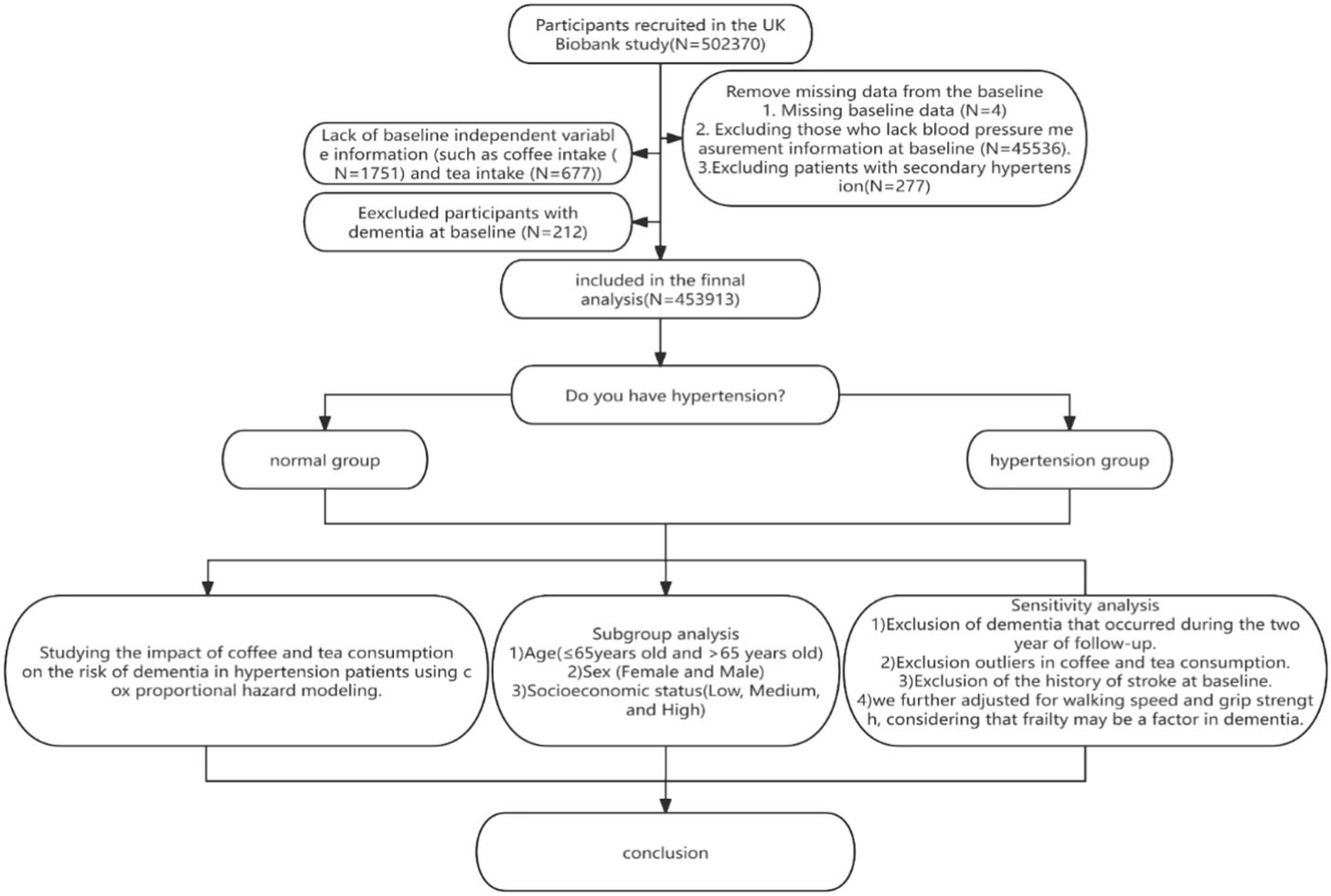To have a hardy heart, and a brawny brain, caffeine is the cure
More good news about imbibing our favorite beverages
My past newsletters extolled the virtues of the methylxanthines, i.e. caffeine and theophylline, commonly found in coffee and tea. These include:
Caffeine is a better alternative for attention disorders: All you need for ADHD -- is a cuppa Joe?
Reduces post operative pain: Can we find chronic pain relief using repurposed drugs?
Coffee can protect kidneys when they are acutely injured: Key kidney care leading to longevity
Caffeine is protective in Parkinson’s Disease: Latest updates on Parkinson's Disease
Now recent research extends the benefits to cardio-metabolic health.
Consuming three cups of coffee, or 200–300 mg caffeine, per day might help to reduce the risk of developing cardiometabolic multimorbidity [CM- defined as the coexistence of at least 2 of the following conditions: type 2 diabetes, coronary heart disease, and stroke] in individuals without any cardiometabolic disease. The findings are based on data from the UK Biobank, a large and detailed longitudinal dietary study with over 500,000 participants aged 37–73 years. The pool of participants included a total of 172,315 individuals who with no cardiometabolic diseases at baseline for the analyses of caffeine intake, and a corresponding 188,091 individuals for the analyses of both coffee and tea consumption. Coffee and caffeine intake at all levels inversely correlated with the risk of new-onset CM in this cohort.
Another large study from the UK Biobank examined those with and without hypertension. [People with hypertension were more likely to develop dementia than those who did not have the condition.] They performed a comprehensive analysis of the association between coffee and tea consumption and the risk of dementia among individuals with hypertension and compared these with the population without hypertension, They found that one cup coffee, or four cups tea, are also associated with optimal avoidance of dementia, in this population.
ABSTRACT Many studies have shown that drinking coffee and tea may be associated with the risk of hypertension and dementia. Limited research exists on their impact on dementia risk in hypertensive patients. This study aimed to determine the association between coffee and tea consumption and the risk of dementia development in hypertensive population by utilizing Cox proportional risk modeling with 453,913 participants from a UK biobank. Our findings reveal a J-shaped and U-shaped association between the risk of all-cause dementia and the consumption of coffee and tea respectively in hypertensive people. The hypertensive patients who drink 0.5–1 cup of coffee or 4–5 cups of tea per day have the lowest risk of dementia. A U-shaped relationship was observed between daily caffeine consumption and the risk of developing all-cause dementia and vascular dementia in the hypertensive population. Furthermore, the significant association between the amount of coffee and tea consumed and the risk of all-cause and vascular dementia were more likely to be found in hypertensive patients than in the non-hypertensive population. - B Wang, et al.


Talking of tea, here is a tidbit on its Indian origin.
REFERENCES
C Ke, et al. Habitual Coffee, Tea and Caffeine Consumption, Circulating Metabolites, and the Risk of Cardiometabolic Multimorbidity. Journal of Clinical Endocrinology & Metabolism (2024). Sep 17:dgae552. doi: 10.1210/clinem/dgae552.
B Wang, et al. Association between coffee and tea consumption and the risk of dementia in individuals with hypertension: a prospective cohort study. Sci Rep 14, 21063 (2024). https://doi.org/10.1038/s41598-024-71426-y







Valeria Orefice et al,
Caffeine improves systemic lupus erythematosus endothelial dysfunction by promoting endothelial progenitor cells survival, Rheumatology (2024).
DOI: 10.1093/rheumatology/keae453
Today Sunday Sept 29 2024 is National Coffee Day
https://www.cnet.com/home/national-coffee-day-2024-free-coffee-today-from-dunkin-krispy-kreme-and-more/